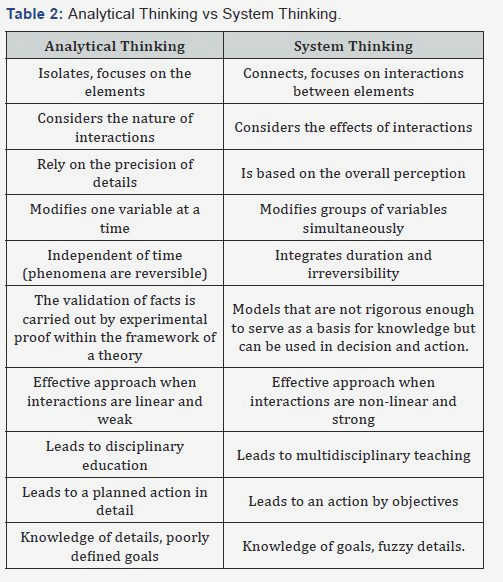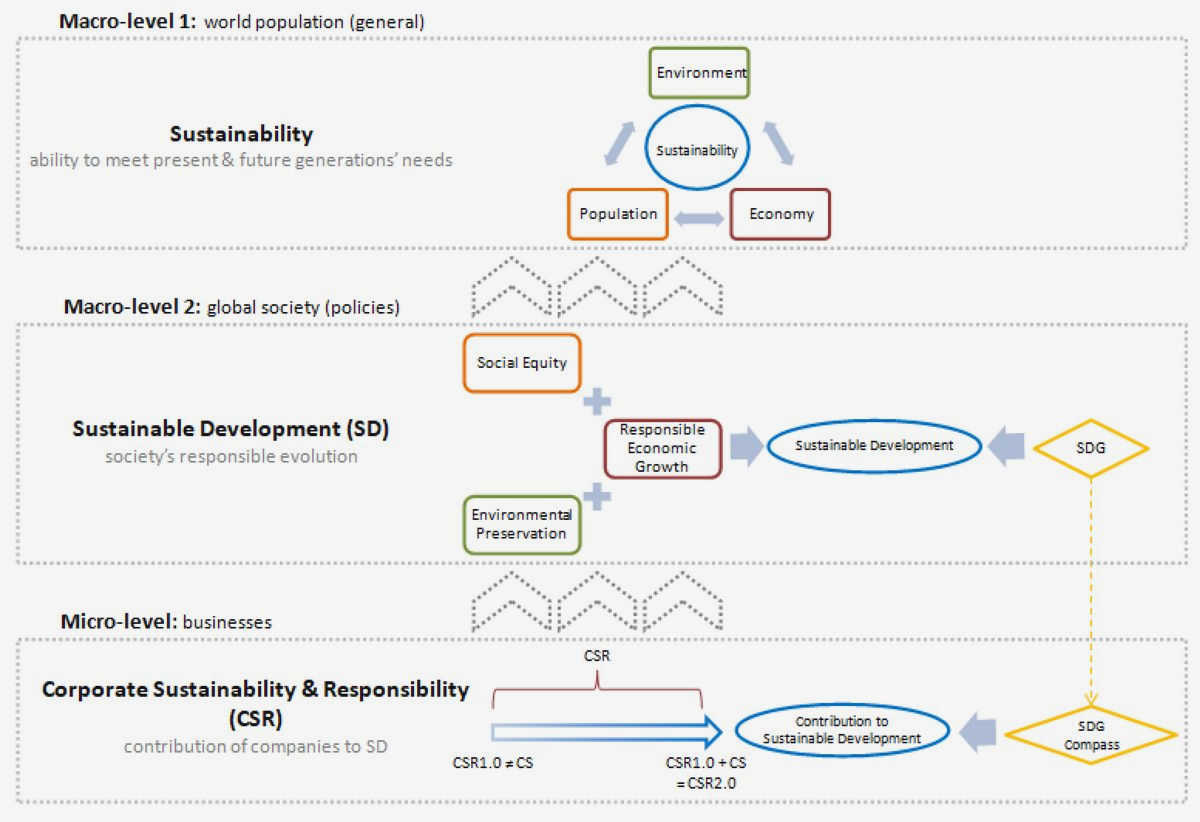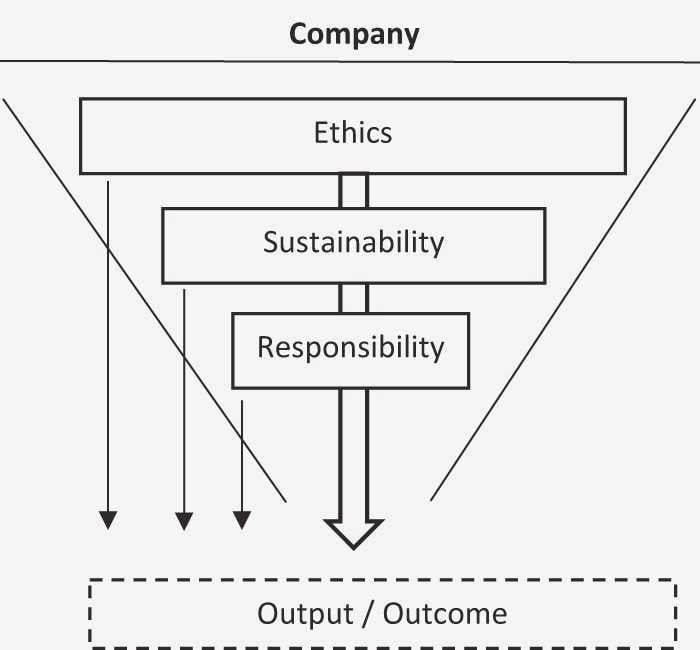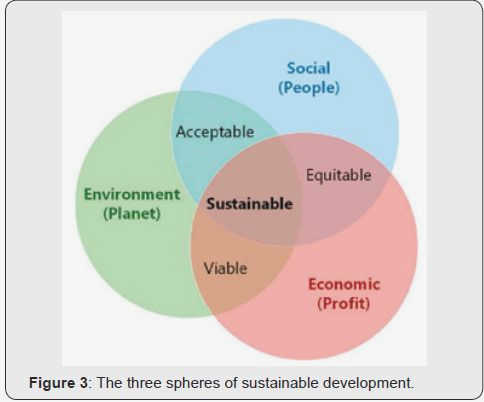In today’s globalized world, business ethics and civil society play a crucial role in driving sustainable development. Business ethics refers to the principles and values that guide ethical behavior in business, while civil society encompasses the collective actions and organizations outside of the government and market sectors. The relationship between these two entities is essential for achieving sustainable development goals, as it involves promoting responsible and ethical business practices that consider the interests and well-being of society as a whole.

One key aspect of the relationship between business ethics and civil society is the notion of corporate social responsibility (CSR). CSR refers to the responsibility of businesses to operate in an ethical and sustainable manner, considering the impact of their actions on stakeholders, including employees, customers, communities, and the environment. By integrating CSR into their operations, businesses can contribute to the development and well-being of society, while civil society organizations can hold them accountable for their actions.

Moreover, the relationship between business ethics and civil society extends beyond CSR. Civil society organizations, such as non-governmental organizations (NGOs) and grassroots movements, play a crucial role in advocating for ethical business practices and holding businesses accountable for their actions. Through their efforts, civil society can raise awareness about environmental and social issues, challenge unethical business practices, and advocate for policies that promote sustainable development.
On the other hand, businesses need civil society to provide a moral compass and guidance on ethical behavior. Civil society acts as a watchdog, ensuring that businesses adhere to ethical standards and promoting transparency and accountability. By actively engaging with civil society, businesses can gain valuable insights into societal needs and expectations, fostering a mutually beneficial relationship that drives sustainable development.
Overview of Business Ethics and Civil Society
Business ethics refers to the moral principles and values that guide the behavior and decision-making of individuals and organizations in the business world. It involves considering the impact of business actions on various stakeholders, including employees, customers, suppliers, shareholders, and the community.
Civil society, on the other hand, refers to the aggregate of non-governmental organizations, institutions, and individuals that are independent of the state and work towards the common good. It provides a platform for citizens to engage in public debates, push for social justice, and hold businesses and governments accountable.
The relationship between business ethics and civil society is closely intertwined. Business ethics play a crucial role in shaping the behavior of businesses towards society, while civil society acts as a watchdog, advocating for ethical business practices and social responsibility.
Business ethics, when practiced effectively, can contribute to the overall well-being of society. It promotes fair and transparent business practices, ensures the protection of human rights and the environment, and fosters trust between businesses and their stakeholders.
Civil society, through its various organizations and initiatives, plays a significant role in promoting business ethics. It raises awareness about ethical issues, campaigns for ethical standards in business, and advocates for regulatory frameworks that promote ethical behavior.
In addition, civil society organizations often collaborate with businesses to implement sustainable development initiatives, such as responsible sourcing, social impact programs, and environmental conservation projects.
The relationship between business ethics and civil society is therefore crucial for sustainable development. When businesses adhere to ethical practices, it contributes to the overall well-being of society and helps create a more sustainable and equitable future.
Importance of Business Ethics for Sustainable Development
Economic factors:
Ethical business practices are crucial for the sustainable development of the economy. By adhering to ethical principles, businesses can build trust and credibility with their stakeholders, including customers, investors, and employees. Ethical practices also contribute to a fair and competitive marketplace, ensuring a level playing field for all participants. By promoting honesty, transparency, and integrity, business ethics help to foster long-term economic growth and stability.
Social factors:
Business ethics play a significant role in addressing social issues and improving the overall welfare of society. Ethical business practices can help to reduce social inequalities by promoting fair labor practices, ensuring safe working conditions, and respecting human rights. Moreover, businesses that engage in ethical behavior often contribute to the empowerment of marginalized communities, support charitable causes, and foster inclusive growth. By considering the social impact of their actions, businesses can contribute to the well-being and development of society as a whole.
Environmental factors:
Business ethics are closely linked to environmental sustainability. By embracing environmentally friendly practices, businesses can minimize their negative impact on the environment and help protect natural resources for future generations. Ethical businesses strive to reduce pollution, conserve energy and water, and mitigate climate change. They also prioritize sustainable sourcing, waste management, and the promotion of eco-friendly products and services. By integrating environmental considerations into their operations, businesses can contribute to the preservation of ecosystems and the overall health of the planet.
Legal and regulatory compliance:
Business ethics are essential for ensuring compliance with laws and regulations. Ethical businesses operate within legal frameworks and abide by ethical standards set by governing bodies and industry associations. By following ethical guidelines, businesses can avoid legal disputes, penalties, and reputational damage. Moreover, ethical behavior enhances the credibility of businesses and fosters trust with regulatory bodies, creating favorable conditions for sustainable development.
In conclusion, business ethics play a crucial role in sustainable development. They contribute to the economic, social, and environmental well-being of society. By embracing ethical practices, businesses can build trust, promote fairness, protect the environment, and comply with legal requirements, thereby driving sustainable development for the benefit of present and future generations.
Role of Civil Society in Promoting Business Ethics
Civil society plays a crucial role in promoting business ethics and ensuring the integrity and accountability of businesses. It serves as a watchdog, monitoring the activities of businesses and holding them accountable for their actions. Through various mechanisms and initiatives, civil society organizations raise awareness about the importance of ethical business practices and work towards creating a culture of honesty, transparency, and fairness.

Educating the public: Civil society organizations play a key role in educating the public about business ethics. They organize workshops, seminars, and awareness campaigns to inform people about the impact of unethical practices on society and the environment. By raising awareness, civil society empowers individuals to make informed choices as consumers and encourages them to support ethical businesses.
Monitoring and reporting: Civil society organizations actively monitor the activities of businesses to ensure compliance with ethical standards. They collect and analyze information on unethical practices and use this data to generate reports, which are then shared with the public, policymakers, and other stakeholders. By shedding light on unethical practices, civil society holds businesses accountable and pushes for necessary reforms.
Advocacy and lobbying: Civil society organizations have a voice in shaping policies and regulations related to business ethics. They advocate for the implementation of strong ethical standards, transparency in business operations, and fair competition. Through lobbying efforts, they push for legislation that promotes business ethics and creates a level playing field for businesses.
Collaboration and partnerships: Civil society organizations collaborate with businesses, governments, and other stakeholders to promote ethical business practices. They establish partnerships and initiatives aimed at encouraging businesses to adopt ethical policies and practices. These collaborations help foster a culture of ethics and sustainability, ensuring that businesses operate in a responsible manner.
Engagement and awareness-raising: Civil society organizations engage with businesses through dialogues, consultations, and initiatives that promote ethical behavior. They provide guidance and support to businesses, helping them develop and implement ethical policies and practices. By engaging with businesses, civil society builds trust, enhances transparency, and fosters a sense of corporate social responsibility.
Empowering stakeholders: Civil society empowers stakeholders, including employees, consumers, and local communities, to demand ethical behavior from businesses. Through capacity-building programs and awareness-raising campaigns, civil society organizations equip stakeholders with the knowledge and tools to advocate for their rights and hold businesses accountable. This empowerment helps create a more ethical business environment.
Ethical Standards and Corporate Social Responsibility
Ethical standards are a set of guidelines and principles that govern the behavior and actions of individuals and organizations. In the context of business, ethical standards help define norms and expectations for how companies should conduct themselves in their interactions with stakeholders, including customers, employees, investors, and the community at large. These standards provide a framework for decision-making and promote transparency, accountability, and fairness in business practices.
Corporate social responsibility (CSR) is the concept that companies have a responsibility to operate in a way that benefits society, beyond simply maximizing profits. This includes taking into account the social, environmental, and economic impacts of their actions, and actively working to minimize negative effects and promote positive outcomes. CSR can take many forms, such as philanthropy, environmental sustainability initiatives, ethical sourcing and supply chain management, and promoting diversity and inclusion within the company.
Businesses that uphold ethical standards and embrace CSR not only fulfill their responsibilities to society, but also create long-term value for their stakeholders. By prioritizing ethical practices, companies can build trust and credibility with customers, which can lead to increased brand loyalty and customer satisfaction. Ethical behavior also helps attract and retain top talent, as employees are more likely to be proud and motivated to work for a company that aligns with their own values.
Furthermore, embracing CSR can have positive impacts on a company’s bottom line. Studies have shown that consumers are more likely to support businesses that are socially and environmentally responsible, and are willing to pay a premium for products and services from such companies. Additionally, companies that actively engage in CSR initiatives can benefit from improved operational efficiency, reduced costs, and enhanced reputation, all of which contribute to long-term sustainability and success.

In conclusion, ethical standards and corporate social responsibility are essential components of sustainable business practices. By upholding ethical values and taking responsibility for their social and environmental impacts, companies can not only contribute to the betterment of society, but also improve their own bottom line and long-term success.
Collaboration between Business and Civil Society for Sustainable Development
Joint efforts towards sustainable development
In order to achieve sustainable development, it is crucial for businesses and civil society organizations to collaborate closely. Both sectors have unique perspectives, resources, and expertise that can contribute to addressing social and environmental challenges.
Sharing knowledge and expertise
Collaboration between business and civil society can involve sharing knowledge and expertise to find innovative solutions to sustainability issues. Businesses can provide insights into market dynamics and technological advancements, while civil society organizations can contribute their deep understanding of social and environmental issues.
Advocacy and partnership
Businesses and civil society organizations can join forces to advocate for policy changes that promote sustainable development. Together, they can raise awareness about the importance of sustainability and influence decision-makers to prioritize environmental and social considerations.
Joint projects and initiatives
By working together, business and civil society can initiate joint projects and initiatives to address specific sustainability challenges. These collaborations can range from implementing community development programs to promoting responsible supply chain management or supporting renewable energy projects.
Enhancement of transparency and accountability
Collaboration between business and civil society can help enhance transparency and accountability in business practices. Civil society organizations can play a watchdog role, holding businesses accountable for their social and environmental impacts, while businesses can benefit from the feedback and guidance provided by civil society organizations.
Strategic partnerships for long-term impact
Collaboration between business and civil society should be built on long-term strategic partnerships rather than short-term transactions. By working together in a sustained manner, they can create lasting impact and contribute to the achievement of the Sustainable Development Goals.
Mobilizing resources for sustainable development
Businesses can contribute financial resources and technical expertise, while civil society organizations can mobilize community support and grassroots networks. Together, they can leverage their respective resources to implement sustainable development initiatives at scale.
Building trust and credibility
Collaboration between business and civil society can help build trust and credibility. Businesses that engage in meaningful partnerships with civil society organizations demonstrate their commitment to social and environmental responsibility, which enhances their reputation and strengthens their relationship with stakeholders.

Conclusion
Collaboration between business and civil society is a key driver for sustainable development. Through joint efforts, knowledge sharing, advocacy, and strategic partnerships, businesses and civil society organizations can work together to address social and environmental challenges and create a more sustainable future.
Corporate Governance and Ethical Decision Making
The concept of corporate governance refers to the system of rules, practices, and processes by which a company is directed and controlled. It involves balancing the interests of a company’s many stakeholders, such as shareholders, management, customers, suppliers, financiers, government, and the community. An effective corporate governance structure helps to ensure that companies operate in a transparent, accountable, and ethical manner.
The Role of Corporate Governance
Corporate governance plays a crucial role in facilitating ethical decision making within organizations. It sets the framework for how decisions are made, what information is shared, and how conflicts of interest are managed. A strong corporate governance structure establishes clear lines of accountability, promotes integrity, and fosters a culture of ethics and compliance.
One of the key elements of corporate governance is the composition and independence of the board of directors. A board with diverse expertise and independent directors is more likely to provide objective and ethical guidance to the company. Independent directors act as a check and balance on management, ensuring that decisions are made in the best interest of the company and its stakeholders.
Another important aspect of corporate governance is the establishment of a code of ethics or conduct. This code provides a set of guiding principles and standards for ethical behavior within the organization. It outlines the values and expectations for all employees and serves as a reference point for making ethical decisions.
The Link between Corporate Governance and Ethical Decision Making
Corporate governance and ethical decision making are closely intertwined. A well-governed organization is more likely to have a strong ethical culture and make ethical decisions. Ethical decision making requires considering the interests and values of all stakeholders, rather than just maximizing profits or shareholder value.
Effective corporate governance structures provide the mechanisms and processes for ethical decision making. They ensure that information is transparently shared, conflicts of interest are properly managed, and ethical dilemmas are discussed and resolved. By promoting ethical decision making, corporate governance contributes to the long-term sustainability and success of the company.
Overall, corporate governance serves as a foundation for ethical decision making within organizations. It sets the tone from the top, establishes accountability, and shapes the culture of the company. By upholding ethical standards, companies can build trust, maintain their reputation, and contribute to the development of a sustainable and responsible civil society.
Ethics in Supply Chain Management
Supply chain management refers to the coordination and oversight of the various activities involved in the production and distribution of goods and services. Ethics in supply chain management plays a crucial role in ensuring the sustainability and social responsibility of businesses.
One aspect of ethics in supply chain management is the fair treatment of suppliers and workers. This includes ensuring fair wages, safe working conditions, and respect for human rights throughout the supply chain. Companies that prioritize ethical practices in their supply chain contribute to the well-being and dignity of their workers, as well as the communities in which they operate.
Another important aspect of ethics in supply chain management is the consideration of environmental impact. Ethical companies make conscious efforts to minimize their carbon footprint, reduce waste, and promote sustainable practices throughout the supply chain. This can include sourcing materials from environmentally responsible suppliers, optimizing transportation routes to minimize emissions, and implementing recycling and waste reduction initiatives.
Transparency is also a key ethical principle in supply chain management. Ethical companies are open and honest about their sourcing practices, ensuring that consumers have access to accurate information about the origin and production methods of the products they purchase. This transparency allows consumers to make informed choices based on their own ethical values.
Ultimately, ethics in supply chain management is about taking responsibility for the social and environmental impacts of business operations. Companies that prioritize ethics in their supply chain contribute to the overall well-being of society and play a key role in driving sustainable development.
Key Principles of Ethics in Supply Chain Management
- Fair treatment: Ensuring fair wages, safe working conditions, and respect for human rights throughout the supply chain.
- Environmental impact: Minimizing the carbon footprint, reducing waste, and promoting sustainable practices throughout the supply chain.
- Transparency: Providing accurate information about sourcing practices to consumers, allowing them to make informed choices.
Corporate Citizenship and Stakeholder Engagement
Corporate Citizenship
Corporate citizenship refers to the responsibility of a business to contribute positively to society and act in a socially responsible manner. It involves going beyond legal obligations and actively making efforts to improve the well-being of communities and the environment. This can take various forms, such as philanthropy, employee volunteering, and sustainable business practices.
Stakeholder Engagement
Stakeholder engagement is the process of involving and listening to the perspectives and needs of individuals or groups who have an interest or are affected by a company’s operations. Stakeholders can include employees, customers, suppliers, local communities, shareholders, and non-governmental organizations. Engaging with stakeholders is crucial for businesses to understand their concerns, address their needs, and build long-term relationships based on trust and mutual benefit.
Effective stakeholder engagement involves open and transparent communication, active listening, and meaningful dialogue. It allows businesses to gain valuable insights, identify potential risks and opportunities, and make informed decisions that align with the expectations and values of stakeholders. By involving stakeholders in decision-making processes, companies can enhance their reputation, build goodwill, and ultimately contribute to sustainable development.
Engaging stakeholders also helps companies identify and manage potential conflicts of interest or areas of disagreement, allowing them to find mutually beneficial solutions that consider different perspectives. It fosters a sense of shared responsibility and collective action, promoting social cohesion and inclusiveness within civil society.
In summary, corporate citizenship and stakeholder engagement are key aspects of business ethics and are essential for promoting sustainable development. By actively engaging with stakeholders and acting as responsible corporate citizens, businesses can contribute to the well-being of society, build trust, and create long-term value for all parties involved.
Impact of Unethical Business Practices on Civil Society
Unethical business practices can have a detrimental impact on civil society, affecting various aspects such as trust, social cohesion, and economic well-being. When businesses engage in unethical behavior, it erodes public trust in them and undermines the confidence society places in the corporate sector as a whole.
Lack of integrity and transparency in business practices can lead to a breakdown in social cohesion. When businesses prioritize personal gain over the common good, it creates a sense of disunity and exacerbates existing social inequalities. This can lead to social unrest and a decrease in overall community well-being.
Economic repercussions are also felt when businesses engage in unethical practices. Corruption, fraud, and unfair competition can distort markets, leading to economic inefficiencies and hindered sustainable development. Unethical practices can also result in the exploitation of vulnerable communities, leading to further economic inequality.
The environmental impact of unethical business practices is another concerning factor. When companies prioritize profit at the expense of environmental sustainability, it can lead to pollution, deforestation, and depletion of natural resources. This not only harms the environment but also has long-term consequences for civil society, such as compromised public health and a loss of biodiversity.
To address these issues, it is crucial for businesses to prioritize ethical behavior and social responsibility. By adhering to ethical standards, businesses can contribute to the well-being of civil society, foster trust, and promote sustainable development. Governments and civil society organizations also play an important role in holding businesses accountable for their actions and promoting ethical practices through legislation, regulations, and public awareness campaigns.





